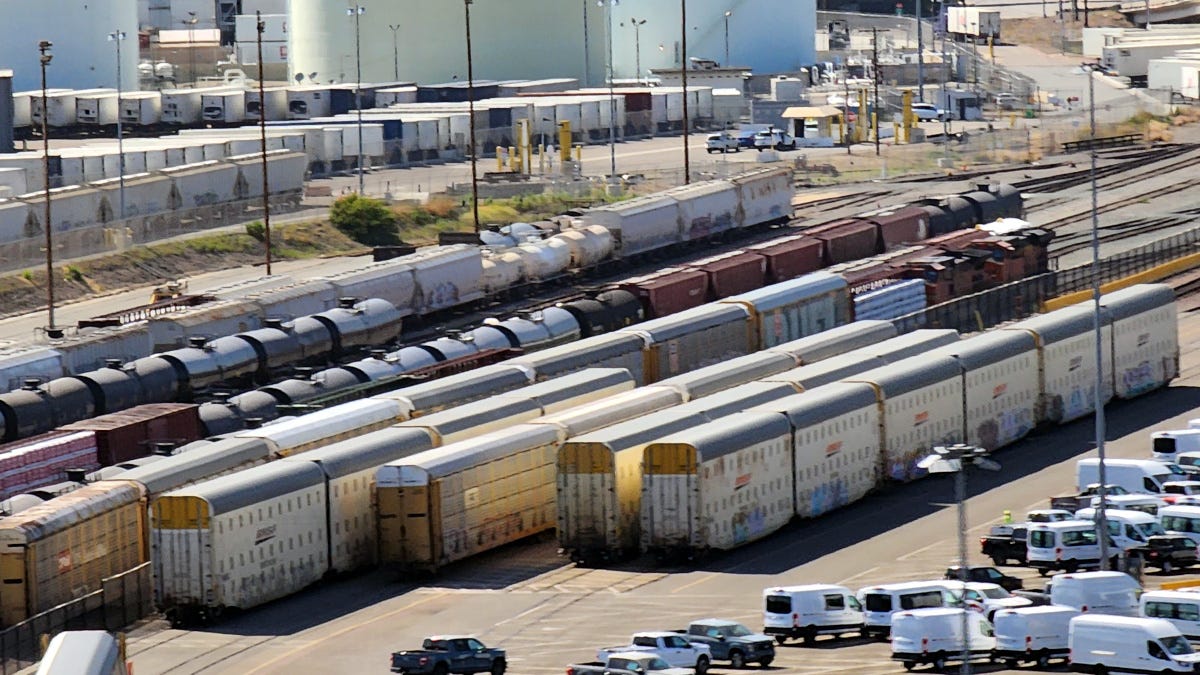Gains from trade
On Disney World vacations, pork production, and why America's own history proves the enormous advantages of free trade
One of the best ways to understand America's phenomenal prosperity is to see the United States as 50 smaller countries, all bound together by an enormous free-trade zone. Individual states can pick and choose their own taxes and regulations, of course, but exchanges among them are bound, by the Constitution, to a prevailing free-trade regime.
■ Under these circumstances, it's possible to identify certain surpluses and deficits that some states have with others. Iowa runs a substantial surplus in the production of pork, well beyond what it consumes. California has a big surplus in movies and television shows. Washington runs a considerable surplus with the other states in the production of passenger airplanes. Florida generates a one-of-a-kind and insurmountable surplus in Disney World vacations.
■ With free trade, the market nudges each state to specialize in the production of what comes easily to its comparative advantages. Nobody gets upset that Idaho doesn't produce a lot of oceangoing freighters or that Hawaii doesn't build a lot of snowblowers. And while some states are, on average, more prosperous than others, even the state with the lowest per-capita GDP is still competitive with a rich country like Canada. The big free-trade zone doesn't drag down the high performers, nor does it exploit the laggards -- it raises the economic condition of every state.
■ Without the Constitutional guarantee of interstate free trade, Iowa might try to box out Washington's airliner production with import taxes and subsidize its own. It might try to punish California by taxing Hollywood movies and create domestic protections to get people to visit Adventureland instead of EPCOT. But those wouldn't be good uses of anyone's money or efforts. Even if Georgia comes along and subsidizes TV and film production within its borders, Iowa should still stick to a few of the things it does best.
■ Taxes on imports (or tariffs) don't enrich society as a whole. They can line some well-connected pockets and maybe run cover for some industries in some places that aren't competitive on their own. But what they give to producers they take from consumers, all while distorting the choices that people would make by focusing on their comparative advantages.
■ The US economy has been a more than 200-year natural experiment in free trade -- we just don't often see it that way. But what free-flowing interstate trade has wrought is the most robust economy in the history of the world. To recognize the gains from trade, we only need to be smart enough to see the evidence right in front of our own eyes.



